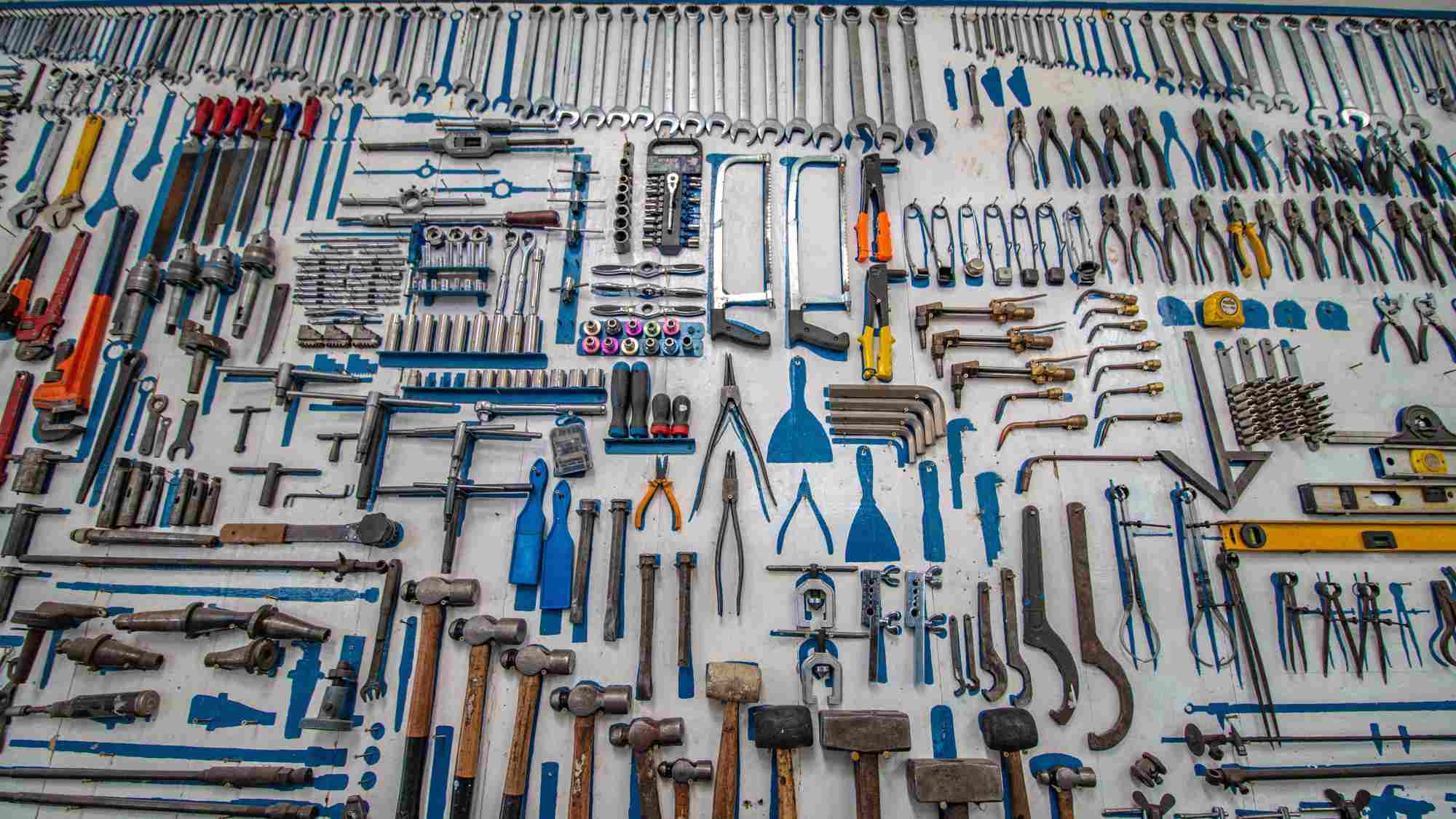
Tool Inventory Software: Enhancing Equipment Security and Efficiency
Looking for efficient and secure tool inventory software? Streamline your operations and enhance equipment security.
If you’re doing a big landscaping project or working in construction, renting a dump trailer can help you manage waste and debris. Make sure you understand everything involved before you rent one. This guide covers everything about dump trailer rentals, including choosing the right one, costs, and legal requirements. Let’s get started!
Renting a dump trailer could be the perfect option for your project because these trailers are versatile and efficient tools for hauling and disposing of different materials, including construction debris, yard waste, and household junk. The following are some essential reasons why you should consider renting a dump trailer.
Selecting the right dump trailer for your project requires considering several factors. It’s important to keep in mind that one size does not fit all.
To choose the right dump trailer size for your needs, you should consider both the volume and weight of the materials you’ll be transporting. These trailers usually come in sizes like 10, 12, 14, and 16 cubic yards. A 10-yard trailer might suffice for a small landscaping project, but a larger construction job would require a 16-yard trailer or bigger.
It is important to take into account the type of materials you will be transporting with your dump trailer. Different materials may require different types of trailers. For instance, if you are getting rid of heavy materials such as dirt or concrete, you may need a heavy-duty trailer with reinforced walls and a higher weight capacity. On the other hand, if you are dealing with lighter materials like yard waste or household junk, a standard dump trailer should be enough.
Before renting a dump trailer, make sure that your towing vehicle can handle the weight of the loaded trailer by checking its towing capacity. Also, ensure that your vehicle has the necessary hitch and electrical connections to support the trailer’s brake and lighting systems.
To rent a dump trailer, you will have to pay for the rental fee, insurance, and possible extra expenses. Below is a breakdown of the costs involved.
To ensure safety and comply with the law, there are important factors to consider when renting a dump trailer. Below are essential points to remember:
If you’re looking to manage waste and debris during your next project, renting a dump trailer can be a convenient and cost-effective solution. To ensure a successful and hassle-free rental experience, you should consider factors involved in choosing the right trailer, understand the associated costs and legal requirements, and follow safety best practices. Armed with this knowledge, you can rent your dump trailer confidently, knowing you’ve made the right choice for your project.